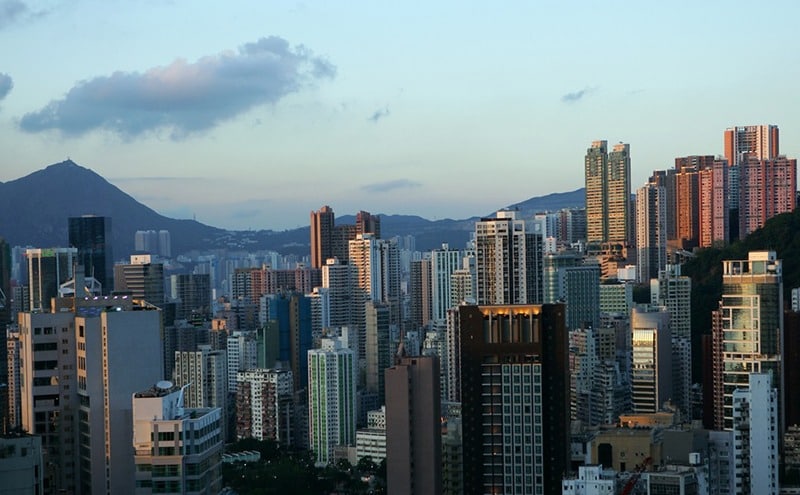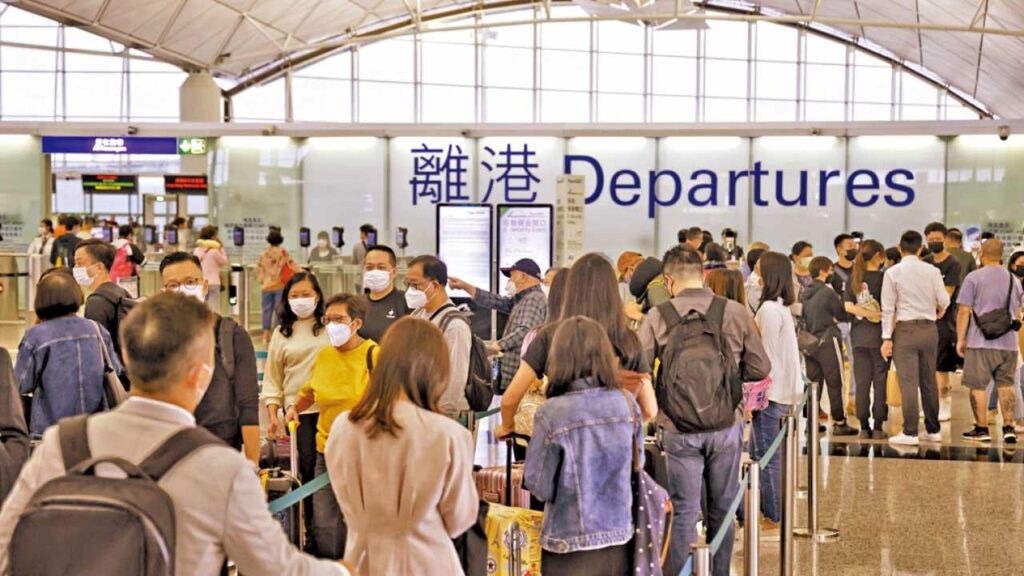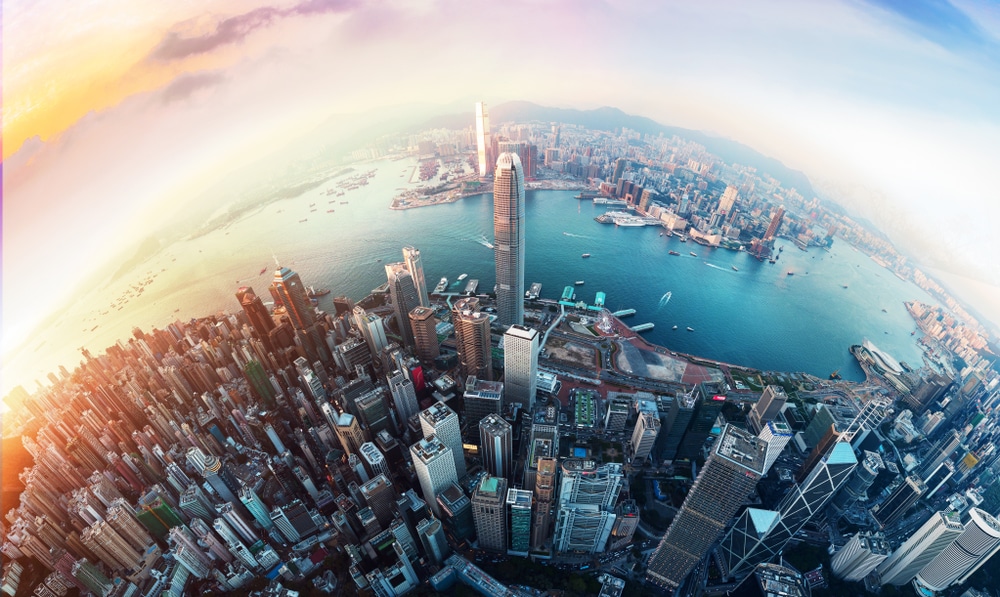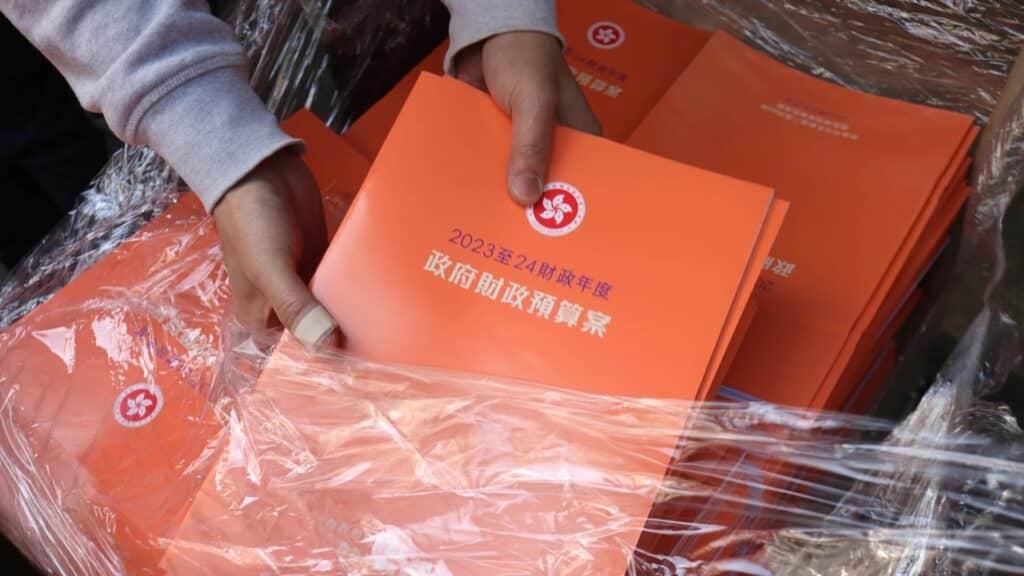The spread of the epidemic has remained at a low level, and Hong Kong has been continuously integrating with international activities. "Hong Kong is back" is the theme of many international high-level summits and exhibitions. Chief Executive Lee Ka-chiu added an "Office for Introduction of Key Enterprises" in his first policy address, which will undertake this series of external exchanges and take the initiative to attract foreign investment. The current government loves to talk about KPIs, but the latest foreign investment survey by the Census and Statistics Department found that the number of companies in Hong Kong has turned from rising to falling, falling below 9,000. This confirms that Hong Kong’s attractiveness has faded slightly, and it is necessary to step up efforts to reverse the trend and maintain Hong Kong’s international business. business status.
The location decisions of international investors are most influenced by geopolitics in the short to medium term. Over the past five years, nearly 100 U.S. companies have withdrawn investment from Hong Kong, accounting for the largest loss. Hong Kong is in the eye of major changes unseen in a century, and the business community is forced to bear the impact of policies from China and the United States. Furthermore, the epidemic of the century has emerged, and the mainland and Hong Kong are closely interdependent. In order to protect the epidemic prevention front, economic growth has slowed down, and profitability is not as impressive as other Asian countries.
However, not all international companies choose to leave Hong Kong. The number of German and Singaporean companies stationed in Hong Kong has increased instead of falling. The reason is also inseparable from geopolitics. German Chancellor Scholz was the first Western leader to visit China after the epidemic. He stated in advance that he must continue to do business with China. Hong Kong will naturally benefit from the partnership between the two countries. In the past few years, RCEP has been brewing. As a regional center, Singapore has made good use of the rise of multilateralism in Asia to find business opportunities. It is not difficult to understand that it can enter the mainland market through Hong Kong.
In the eyes of foreign investors, most of the 16 location factors have declined in favorability in the past year, with geographical location, mainland business opportunities and infrastructure experiencing the largest declines, reflecting the mainland's economic performance dominating Hong Kong's attractiveness. Long-term immigration restrictions have also made Hong Kong failed to capitalize on its shipping advantages. In addition, three factors were rated as more favorable, which are considered exceptions, including the rule of law and judicial independence, political stability and security, and the supply and cost of residence. This confirms that Hong Kong society has recovered from the turmoil over the amendment bill and the shock of the national security law. The business environment is ushering in a new era of governance and prosperity.
Hong Kong's economy has overcome political difficulties, otherwise the number of foreign investment would not have recorded an increase last year. The sluggish market has caused numbers to plummet this year, and media reports have heightened public concerns. However, a one-year decline hardly proves systemic disinvestment. Foreign investors' attention to political issues has cooled down to the level before the legislative amendment storm, while epidemic prevention measures have jumped from less than 10% to more than 40%, making it the most important issue for the government to respond to. It is expected with an optimistic attitude that after the epidemic prevention and control is relaxed, foreign investment is expected to return one after another, truly shouting "Hong Kong is back." However, there are signs of a rebound in infection cases recently. How Hong Kong can relax social distancing measures in an orderly manner, gradually resume communication with the world, and catch up with the pace of the global economy remains the core policy performance indicator at present.
Original content:https://www.thinkhk.com/article/2022-12/06/58450.html



